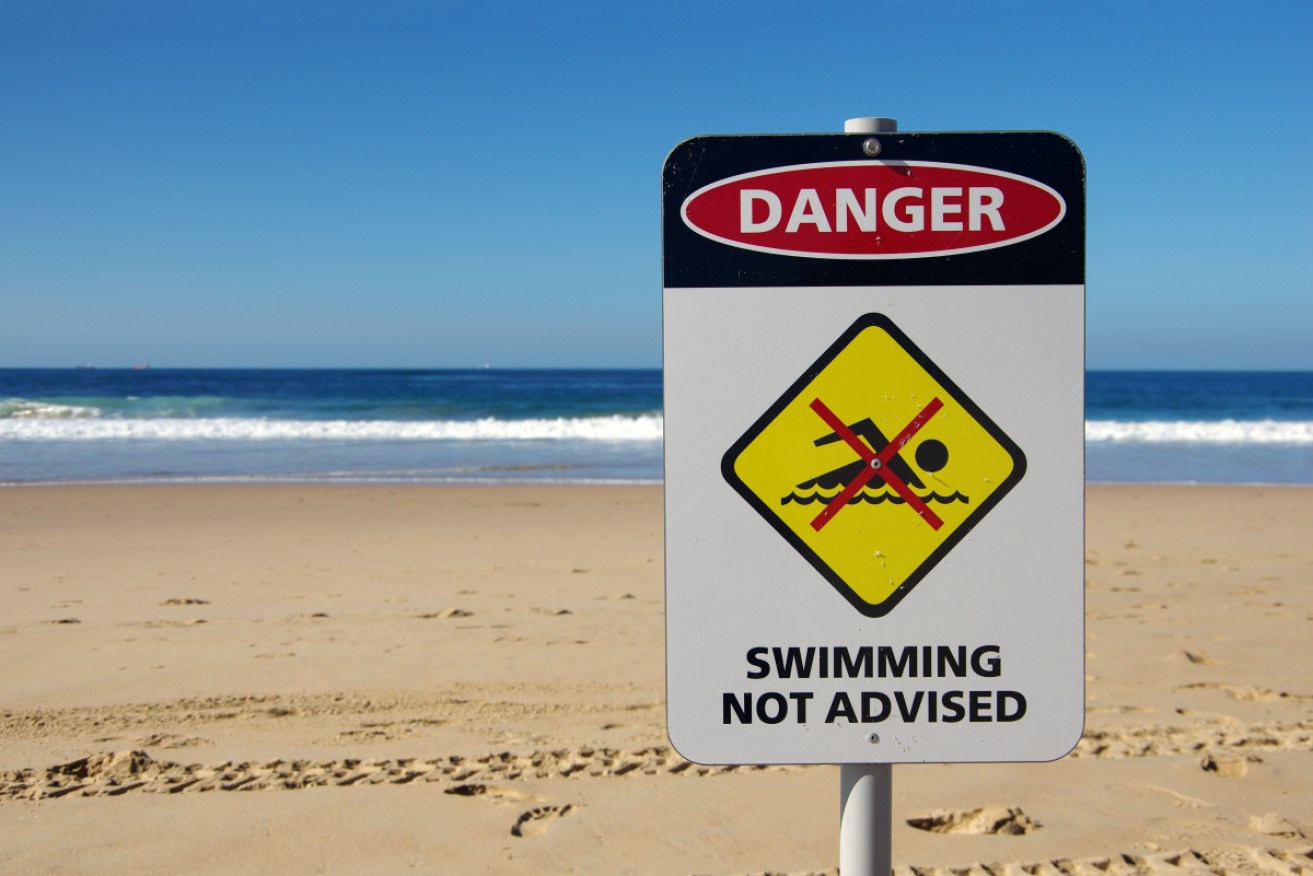COVID lifestyle changes lead to drowning deaths

Drownings increased immediately after larege-scale lockdowns lifted. Photo: Getty
A spike in drowning deaths has been blamed on COVID-related factors as Australians holiday at home and more swim in remote, unpatrolled areas.
There were 294 drowning deaths across the nation’s coastline, inland waterways and pools in 2020/21, according to annual reports from Royal Life Saving Society Australia and Surf Life Saving Australia.
That is up 20 per cent from 245 over the previous 12-month period, while there was also a further 674 non-fatal drowning incidents.
The reports, released on Wednesday, identified spikes in drowning deaths immediately after large-scale lockdowns, as Australians increasingly holidayed domestically and swam in unfamiliar locations.
More people were travelling to remote areas to escape crowds, it said, swimming outside of patrolled hours and taking more day trips to isolated beaches, rivers or lakes.
The risks of drownings at home were also higher, with adults prone to becoming complacent when exhausted from working from home and homeschooling.
In addition, the coronavirus has interrupted swimming lessons for children and reduced pool access for adults and teenagers who are no longer fit to swim or lack confidence.
Twenty-five of the drowning deaths in 2020/21 involved children four or under, up 108 per cent from the previous 12-month span.
“Royal Life Saving fears that many children will never return to lessons, so won’t meet the fundamental water safety benchmarks,” chief executive Justin Scarr said.
In another familiar trend, men accounted for 80 per cent of drowning deaths. Alcohol and drugs, risk-taking behaviour and overestimating their ability were common factors.
With deaths in coastal waters rising to 136, Surf Life Saving Australia chief executive Adam Weir said people should be aware of their limits.
“Visiting and exploring new places we know is going to be high on people’s list when coming out of lockdown. But be sure to seek out patrolled beaches,” he said.
Both authorities are considering a number of drowning prevention strategies ahead of the warmer months, including bringing forward water safety campaigns to coincide with forecast easing of coronavirus restrictions.
Federal Sport Minister Richard Colbeck said the ultimate responsibility to prevent drownings rests with everybody.
“Drowning deaths are more than just numbers on a page. Every death is a tragedy that impacts families for years to come,” he said.
-AAP








